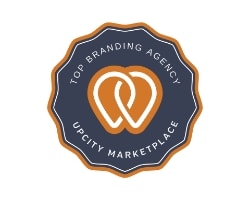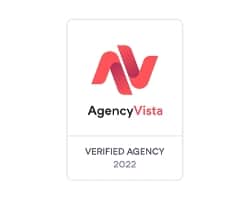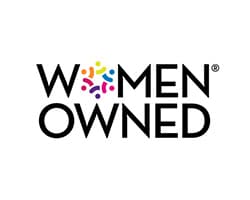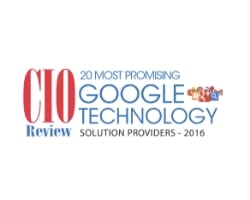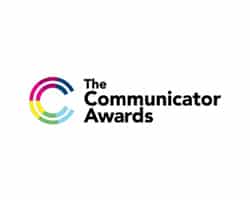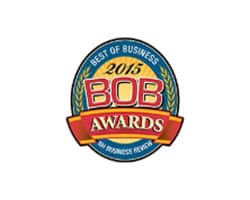Transparency: it has been a buzzword in most industries for several years now, especially when it comes to public relations strategies. It describes the openness of a brand and their ability to share certain company information as well as take on opinions related to things such as environmental and social issues. In practicing transparency, businesses are seen as being more honest and trustworthy.
Some businesses are so determined to be transparent that they share where they get all of their raw materials, the production costs of their offerings, and even employee salaries. This trend is especially important to millennials and studies show that generation Z is growing up to be no different.
Here are a few points that outline the importance of brand transparency:
Why be Transparent
Releasing information to the public shows that your business is honest and trustworthy which is an important part of managing public relations. It is also an effective way to build likeability and even more importantly, loyalty with your brand. In fact, consumers are 94% more likely to be loyal to a brand that incorporates transparency into its business model.
Much of the transparency movement is fueled by millennials. With millennials ranging from ages 21-37 roughly, they are at prime spending age. This is why any business that markets to millennials, either exclusively or in part, may want to consider incorporating elements of transparency into their public relations strategies.
How to be Transparent
There are a variety of ways that brands can be transparent without going to extremes. Simply by advertising some elements of your production or services, you can show consumers that you are committed to providing them with quality offerings that have their best interests in mind. For example, if your operation includes elements of food production, an overview of ingredients is an effective way to be transparent. If your business is in manufacturing, perhaps create an informative video that displays some elements of the production process that show why your product is one of quality.
Admitting to mistakes is also a large part of being transparent. Many businesses have become infamous for trying to sweep things under the rug, blame someone else, or just plain deny any knowledge of misdoings. Taking responsibility for your operation shows integrity and also shows your brand’s commitment to providing consumers with the best possible products or services.
In a particularly drastic example, the company Chipotle experienced a food contamination issue in 2015 that devastated sales and fueled public mistrust. As a result, Chipotle CEO Steve Ells wrote a letter in which he apologized, took full responsibility, and highlighted the actionable changes that were made to fix the issue and ensure it would never happen again. It worked like a charm. Consumers trusted the brand even more and the business was able to make a full recovery form what could’ve been a crippling blow.
Consumers nowadays expect much more from brands than they did in the past. With the access to vast amounts of information offered by the internet, consumers are much savvier than they used to be. If your business is ready for the advantages of transparency and other public relations strategies, contact Jessica Chabot, Vice President, Client Services of Millennium Agency at www.mill.agency.
About Millennium Agency
Millennium Agency is a nationally recognized, top woman led B2B branding, positioning, and digital marketing firm who knows how to create value that emotionally influences your customer’s buying decision, giving you the competitive advantage. As your trusted partner in B2B software technology and manufacturing, we provide the branding and positioning framework that make an impact – so you can focus on what you do best – run your business successfully. With offices in Boston and New Hampshire, and a worldwide presence, the professionals at Millennium Agency would like to learn more about your business. Visit www.mill.agency or book time here.









